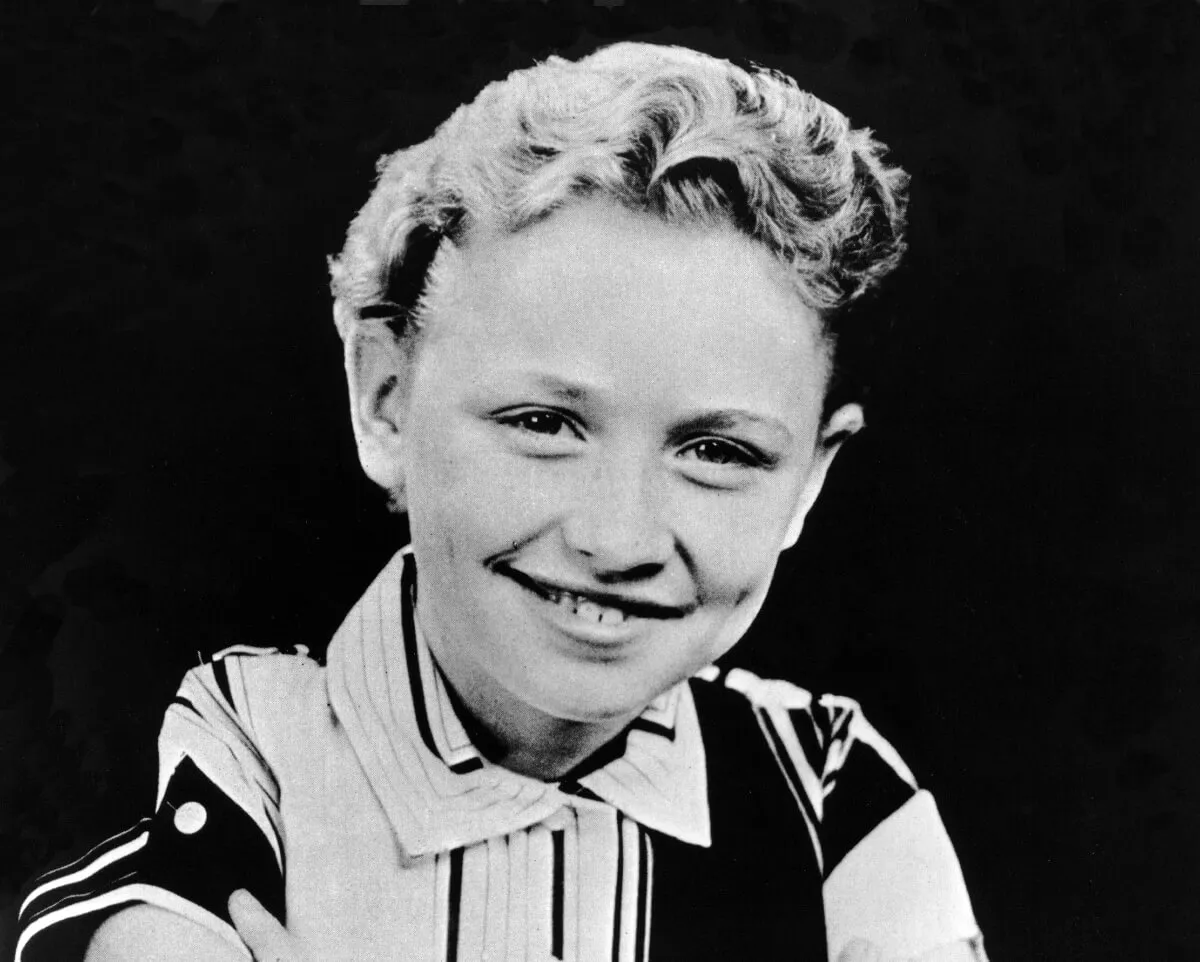Claire Danes and ‘Homeland’ Creator Reveal Carrie Mathison Wasn’t Originally Bipolar. Here’s Why She Is.
The journey of Carrie Mathison (Claire Danes) is coming to an end as Homeland begins its final season on Showtime. For seven years, Carrie has put herself in harm’s way to prevent terrorist attacks, often at great cost to herself and her family. One of her most notable characteristics wasn’t in the original script.

Fans of Homeland have followed Carrie’s struggles with bipolar disorder as much as her anti-terrorism activities. She has sometimes intentionally stopped taking her medication because she feels her bipolar tendencies help her solve terrorist crises. On a Television Critics Association panel for Homeland on Jan. 13, Danes and co-creator Alex Gansa shared how Carrie became bipolar. Homeland airs Sundays at 9 p.m. on Showtime.
Showtime executives encouraged ‘Homeland’ to make Claire Danes’ character bipolar
When Gansa was writing the very first Homeland script with Howard Gordon and Gideon Raff, he said Showtime pushed them to make Carrie Mathison edgier.
“It was really Showtime [executives] David Nevins and Gary Levine who asked us to push the boundaries of that character to make her, for lack of a better expression, more premium cable, something that defined her in a way that was not just Chicken Little who was screaming that the sky was falling down every week,” Gansa said.
Alex Gansa’s wife suggested he explore bipolar disorder
Even after Showtime’s suggestions, Gansa didn’t have a take. He said his wife pointed him towards bipolar disorder as a character trait that could fit Carrie Mathison.

“I have to credit my wife, Lauren White, who, on a walk with me one morning, goes, ‘This bipolar illness is in all the news,’” Gansa said. “she had just read a lovely book by Kay Jamison called An Unquiet Mind. And I went to go read it right away, and it seemed like a very natural fit for this character. So, in the next draft, Carrie Mathison became bipolar.”
Claire Danes said bipolar disorder was always relevant to the ‘Homeland’ plot
The first season of Homeland centered around the return of Nick Brody (Damien Lewis) from an al-Qaeda prison. There were suspicions he’d become a sleeper agent, and Brody did not think his conversion to Islam would go over well. In light of that story, Danes appreciated Carrie’s approach to bipolar disorder.

“It also kind of linked her to Brody as well because she had something that she was hiding,” Danes said. “I think it really worked for that reason too. I was always anxious about it being treated as a gimmick or a plot device or that we would just use it when it was convenient for the story.”
‘Homeland’ is not a documentary on bipolar disorder
Danes also remained sensitive to the fact that Homeland is still a fictional show. It might not be a 100% accurate depiction of bipolar manifestations, but it is 100% sympathetic.
“I think we do have to take liberties,” Danes said. “Look, there was a lot of poetic license here, but I also think that we were careful to refer to authentic experiences. And we all did a lot of research, and we all took it really seriously.”

Over eight seasons of Homeland, Danes came to understand how intertwined Carrie’s mental health was with her job.
“She can’t take her sanity and her health for granted. She knows that things can go boom. They can go really wrong really, really fast. So she is always vigilantly guarding that, and I think it was easy for her to extrapolate and imagine the country in those terms. That’s what I admire about these people that I’ve learned about in my attempt to portray this experience, just how hard they work to live an ordinary day and how much we as ‘normal people; take for granted. So her vigilance and her protective impulse and her understanding that danger is real. All of that just made a lot of sense to me and I found very moving.”
Claire Danes, Television Critics Association panel, 1/13/2020


